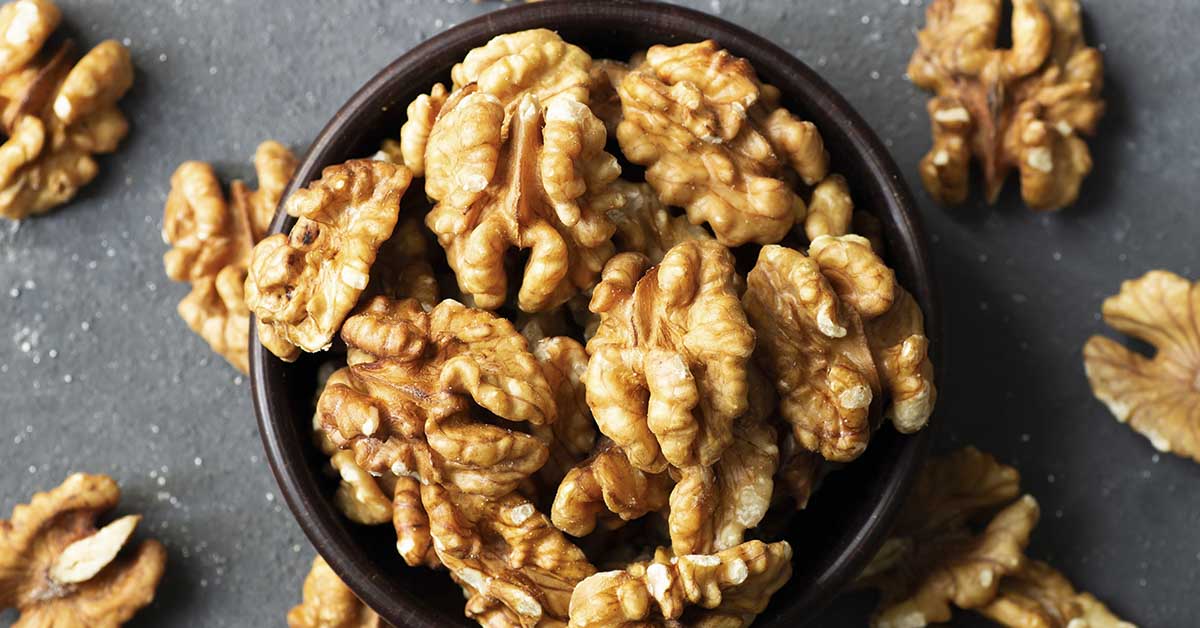The secret to health isn’t really a secret at all: It’s a well-balanced diet based on whole foods, a consistent exercise routine, and good sleep habits. Of course, the human experience, our planet, our societies, and our lives are more complex than this, however, if you follow this as a general guideline, you will generally feel better than if you didn’t. Unfortunately, we tend to make health and nutrition overly complicated, burying it in buzzwords and trends. One of the most well-known of these is the word “superfoods”. Are these foods actually better for you than other foods? By eating them, will you be guaranteed to experience better health? The answer is no – but being aware of the health benefits of specific foods can help you to remember to eat them sometimes and keep a good variety in your diet. So with that said, the following are a list of 13 ‘super’foods that you should aim to include each week.
1. Walnuts
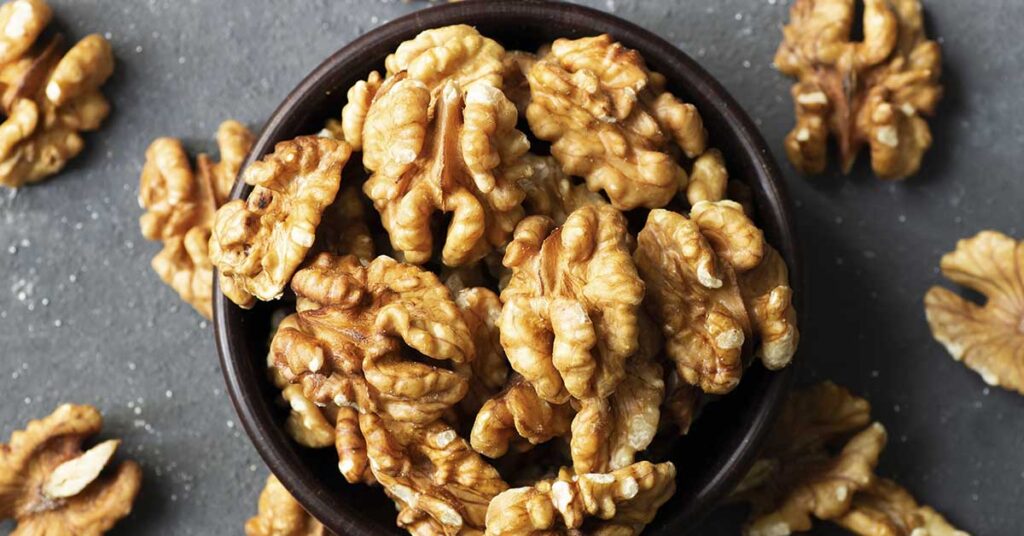
Omega-3 fatty acids are essential for heart health and brain function. Walnuts are a rich, vegetarian source of these essential fats. Walnuts also provide antioxidants and anti-inflammatory compounds that help reduce your risk of chronic diseases. Additionally, walnuts support health cholesterol levels and improve blood vessel function.
2. Dark Chocolate

Dark chocolate lovers rejoice. Dark chocolate is packed with antioxidants called flavonoids that can improve heart health by lowering blood pressure and improving blood flow. It also boosts brain function and may enhance mood due to its ability to stimulate endorphin production. If you’re not a fan of dark chocolate, keep in mind that it is often an acquired taste, meaning that you will develop a taste for it with exposure. Start with chocolate that is at least 70% cocoa by mass, the minimum to receive the benefits, and work your way up from there. Either that, or just stick with the 70%.
3. Oily Fish
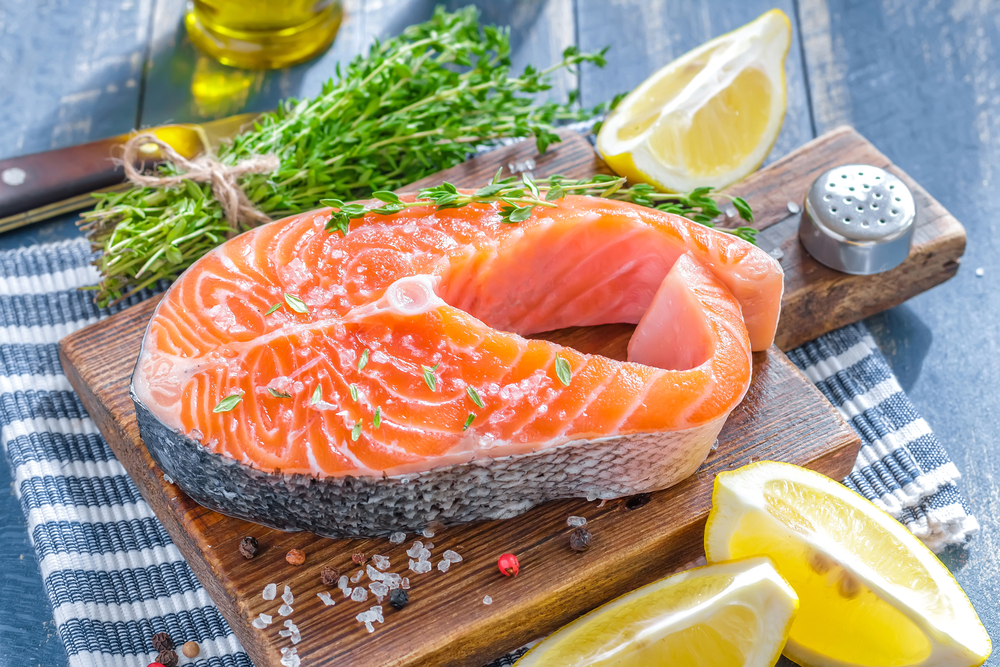
Oily fish such as salmon, mackerel, and sardines are an excellent, non-vegetarian source of omega-3 fatty acids DHA and EPA, which are crucial for heart and brain health. Regular consumption helps to reduce inflammation, supports healthy cholesterol, and may lower the risk of cardiovascular disease.
4. Blueberries (Fresh or Frozen)
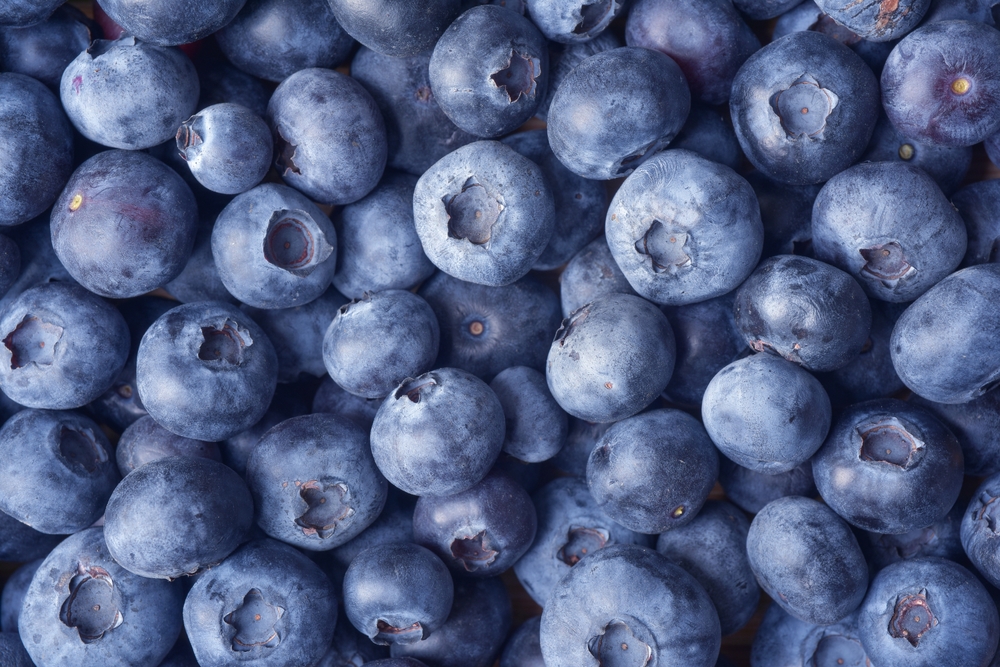
Fresh or frozen, blueberries are a powerful antioxidant source and are rich in vitamins C and K. Their high flavonoid content supports brain health, improves memory, and reduces inflammation. Add them easily into meals or snacks, or simply eat a handful just as they are for a delicious, healthy treat.
5. Oats
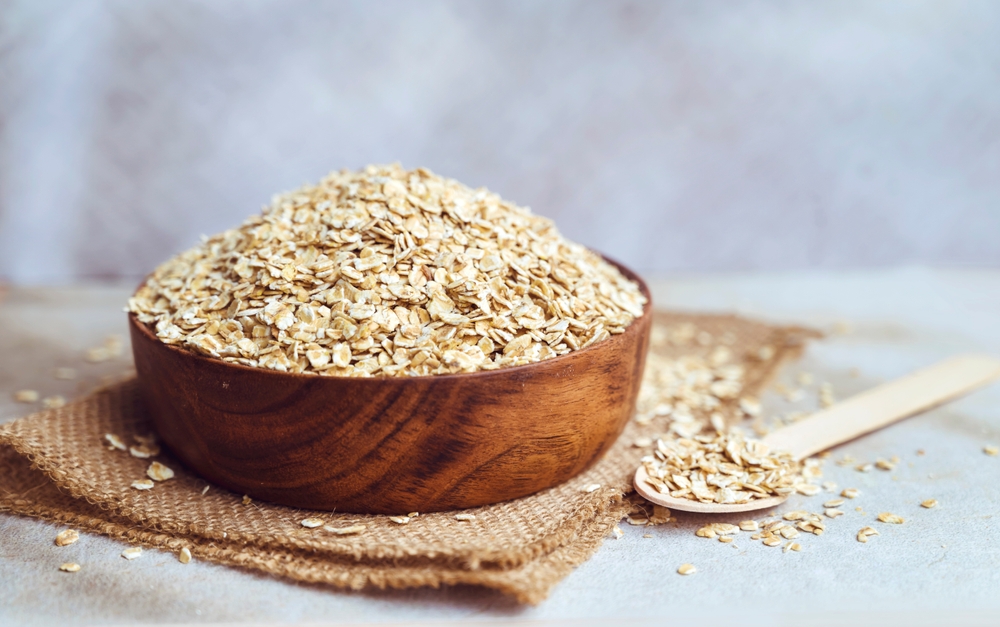
Soluble fiber is one of the key macronutrients for help. Oats are a great source of this fiber, which helps to lower cholesterol and improves heart health. They also provide slow-releasing carbohydrates that stabilize blood sugar levels and keep you feeling full for longer. Additionally, oats contain important minerals such as manganese, phosphorus, and magnesium.
6. Lentils
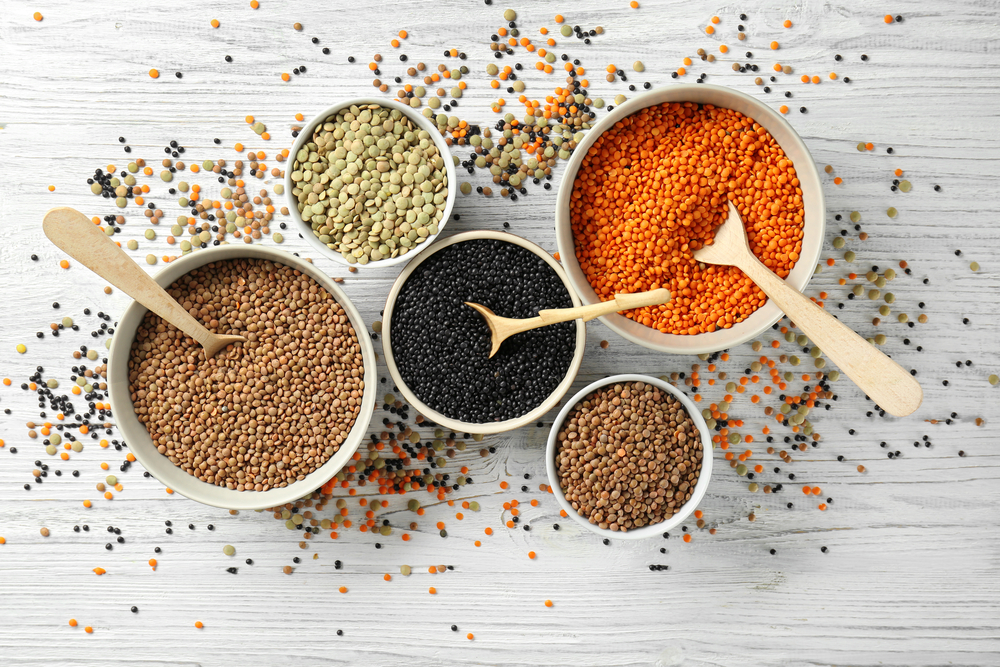
Lentils are protein-rich legumes that are also packed with fiber, vitamins, and minerals such as iron and folate. They support digestive health, aid in blood sugar control, and promote heart health by reducing cholesterol. Lentils are a versatile and affordable vegetarian-friendly addition to any diet.
7. Coffee

If you just have to have a cup of coffee to get you going in the morning, you’re in luck. Coffee is a rich source of antioxidants and bioactive compounds that can improve brain function, boost metabolism, and lower the risk of certain chronic diseases. These include type 2 diabetes and Parkinson’s disease. Moderate coffee consumption has also been associated with improved mood and mental alertness. Keep in mind that more is not better here – keep coffee consumption to no more than two or three cups per day. Too much caffeine intake can lead to adverse health effects.
8. Tomatoes

Tomatoes contain lycopene, a powerful antioxidant linked to reduced risk of heart disease and some cancers. They are also high in vitamins C and K, potassium, and folate. The good news is that cooked tomatoes, in the form of sauces, soups, and more, are just as good. Cooking tomatoes can increase the availability of lycopene to the body, making sauces and cooked dishes beneficial, too. Be careful to read your labels, however, as many store-bought sauces and soups are high in sugar and sodium, as well as contain many other chemical ingredients that you don’t want.
9. Green Tea

Green tea is full of antioxidants, called catechins, which help reduce inflammation and may improve brain function. It is also linked to weight management, heart health, and a lower risk of certain cancers. For those who find themselves sensitive to caffeine, green tea provides a mild caffeine boost but generally doesn’t cause the jitters that some experience when they don’t have coffee.
10. Beetroot
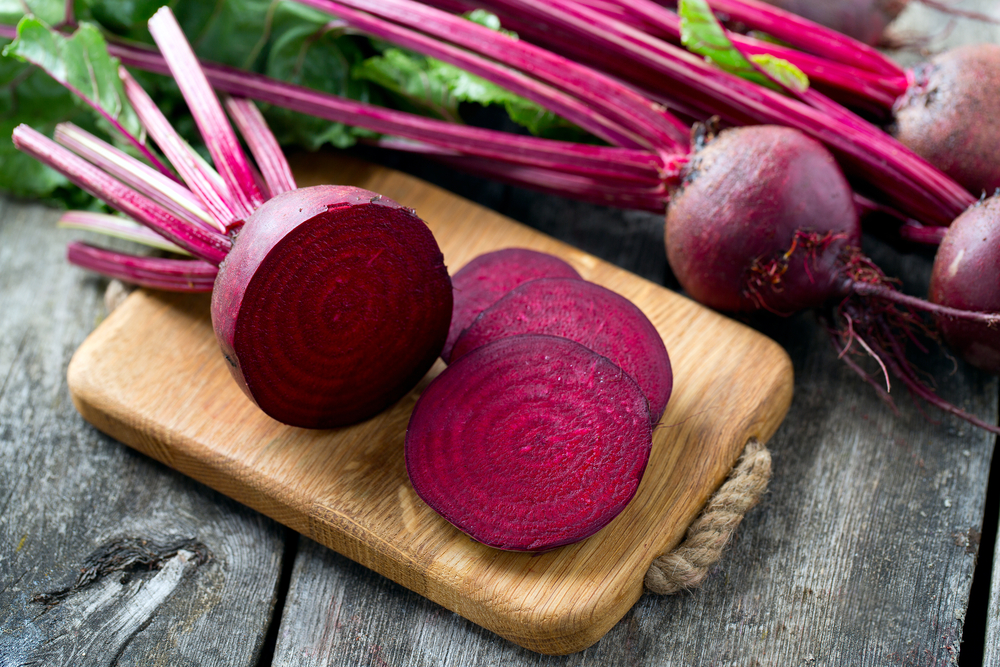
The deep reddish-purple color of beetroot automatically tells you that this vegetable is packing a heavy nutritional punch. Beetroot is rich in dietary nitrates, which can improve blood flow and lower blood pressure. It supports athletic performance by enhancing oxygen use and endurance. Beetroot is also an excellent source of fiber, folate, and antioxidants that promote heart and liver health.
11. Chia Seeds
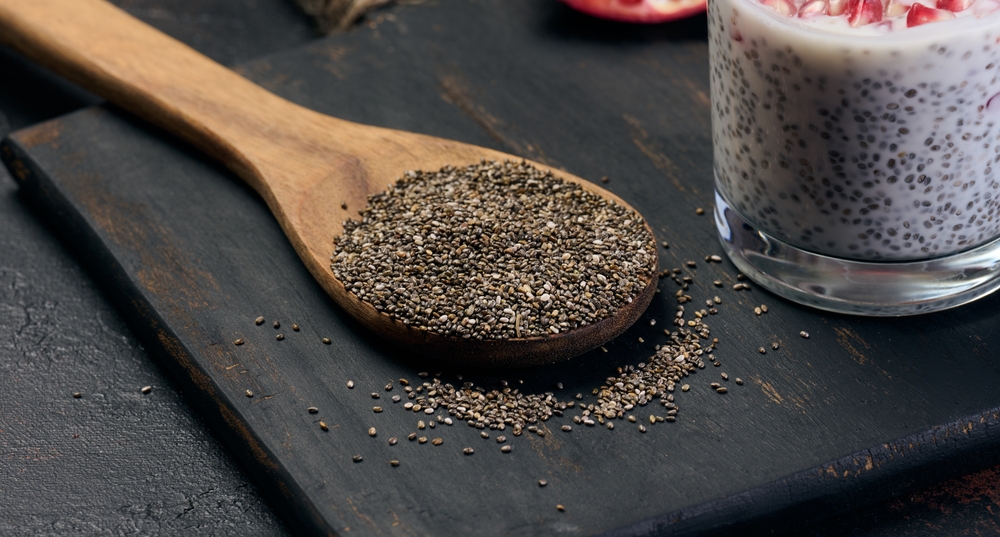
Chia seeds are tiny powerhouses packed with fiber, omega-3 fatty acids, protein, and important minerals like calcium and magnesium. They aid digestion, promote heart health, and help regulate blood sugar levels. Chia seeds can easily be added to smoothies, yogurt, or baked goods.
12. Kefir

Kefir is a fermented dairy product rich in probiotics that support gut health and improve digestion. It also provides protein, calcium, and B vitamins. Regular consumption of kefir can strengthen the immune system and promote a healthy balance of gut bacteria. If you are unable to consume dairy products, other great sources of probiotics include kombucha, sauerkraut, and kimchi.
13. Eggs

The media go back and forth on eggs and whether they’re good or bad. Ask any dietitian, however, and they will tell you that eggs are an excellent source of high-quality protein, vitamins, and minerals. These include vitamin B12, choline, and selenium. They support muscle maintenance, brain health, and eye health thanks to antioxidants like lutein and zeaxanthin. Eggs are versatile and easy to include in any meal.
The Bottom Line
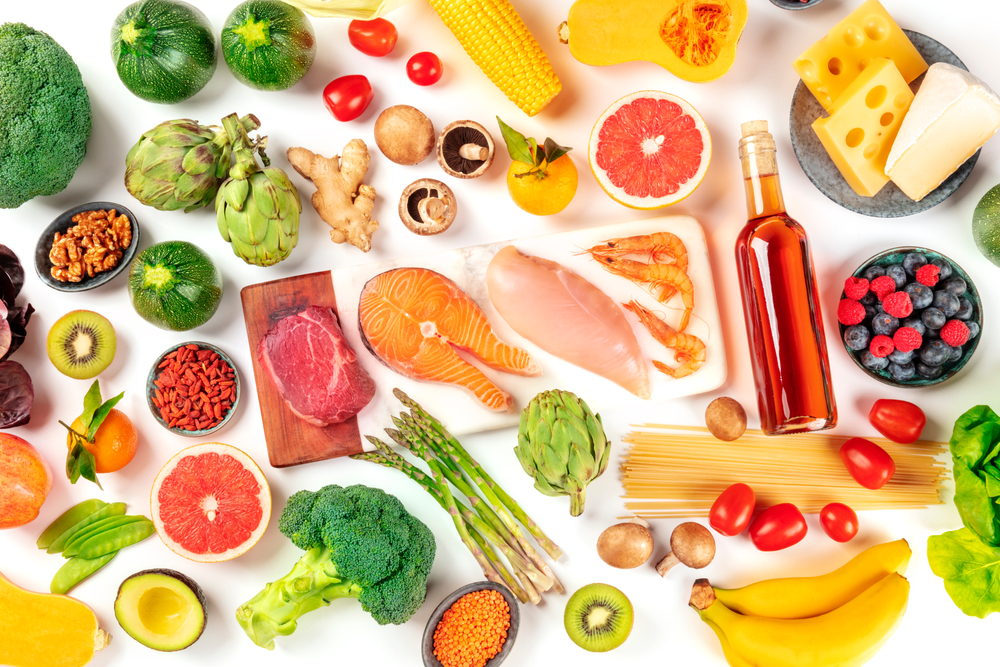
If you eat these 13 foods, will you automatically have excellent health? No – naturally, it is more complex than that. Include these foods in your regular rotation, however, alongside the hundreds of other incredibly nutritious whole foods, and you will certainly be well on your way to good health. Remember, a varied diet combined with other healthy lifestyle markers is the key to optimal well-being.
